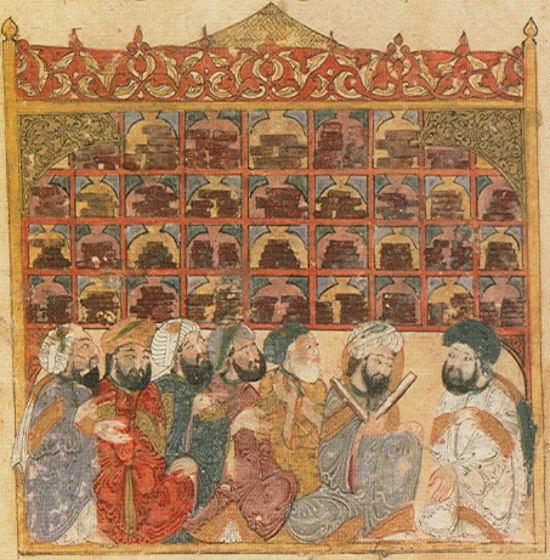We are always grateful for friends from yore who introduced us to books or poems or countries or ways of thinking. We are the collective expressions of so many of those experiences.
Who told me about Kavafy and his poem ITHACA ? Certainly I was exposed to it as a student either in Australia or Sweden.
 Constantine P. Cavafy, English in full Constantine Petrou Cavafy, pseudonym of Konstantínos Pétrou Kaváfis, (born April 29, 1863, Alexandria, Egypt—died April 29, 1933, Alexandria), Greek poet who developed his own consciously individual style and thus became one of the most important figures not only in Greek poetry but in Western poetry as well. He lived most of his life in Alexandria, Egypt, loved English and French literature, and generally spoke English; even his Greek had a British accent.
Constantine P. Cavafy, English in full Constantine Petrou Cavafy, pseudonym of Konstantínos Pétrou Kaváfis, (born April 29, 1863, Alexandria, Egypt—died April 29, 1933, Alexandria), Greek poet who developed his own consciously individual style and thus became one of the most important figures not only in Greek poetry but in Western poetry as well. He lived most of his life in Alexandria, Egypt, loved English and French literature, and generally spoke English; even his Greek had a British accent.part of the poem:
you’ll have understood by then what these Ithakas mean.
what stood out in my mind at that time was that ITHAKA like life itself or a spiritual quest, is not a destination but the journey.
Arriving at the new port for the first time, looking around and feeling with a sense of joy that you are supposed to be there is such a fantastic sensation.
On my journey to Ithaka, I have had that sensation more than once
Baracoa, Cuba
Paraty, RJ, Brésil
and one town relevant to this blog,
Levuka in the island of Oavalu in Fiji.
If I remember correctly, having done that trip more than once, you take a bus from Suva to Natovi Landing and then catch a ferry for the ride to the Levuka Port. and I remember taking a propeller plane to the airstrip in Oavalu and catching a ride on a lorry to the town over dirt roads and dense jungle. Whatever your mode of transport, you would never be too far away from lush jungle.
Levuka is famous for many of Fiji's "firsts." It was the site of Fiji's first bank, post office, school, private members club, hospital, town hall, and municipal government. Fiji's first newspaper, the Fiji Times, which is still in operation today, was founded in Levuka in 1869. Levuka's Royal Hotel is the oldest hotel in the South Pacific still operating. Historians have not ascertained its exact age, but records show that it was in existence by the early 1860s. Levuka Public School, opened in 1879, was the first public school in Fiji and many of Fiji's leaders in the years leading up to and following independence in 1970 were educated there. The oldest Masonic lodge in the South Pacific, Lodge Polynesia 562 SC, is also to be found in Levuka. It was established in 1875. Levuka was also the site of Fiji's first public electricity system, which began in 1927, three days before the capital Suva was electrified. from WIKI
I am 90 years old, I remember his face very clearly to this day, but alas do not remember his name and he was one of the last indentured labourers from India to arrive in Fiji which had begun 100 years earlier. I would look for him on my subsequent visits and once was told that he had passed away. I remember his toothless smile and thick glasses and eagerness to be photographed.
Sitting at the patio of the Royal Hotel, looking at the town of Levuka, sipping something agreeable, and thinking of Somerset Maugham .. a nice afternoon in Levuka
That is the day LEO AFRICANUS entered my life.
Two other travellers shared the Royal Hotel with me. Royal Hotel by then was the grand lady, having survived the turbulent history of the past century, not as elegant as her sister hotel in Suva, the Grand Pacific Hotel.
Memory plays tricks on us, I clearly remember the name of one but not the face and the face of the other but not the name. Merce from Catalunya was reading a book Leo Africanus .. Thus entered into my Amin Malouf, the Lebanese writer who now lives in Paris.
As soon as I returned to my cosmopolitan lodgings in Australia, I looked for and found a copy of Leo Africanus. I dont think I spoke Spanish at that time, but many years later I acquired a copy of the book in Spanish as welll, all lost to a broken fawcet in a house in the isolated Indian reservation.
But the interest and the influence is not forgotten.
|
|









